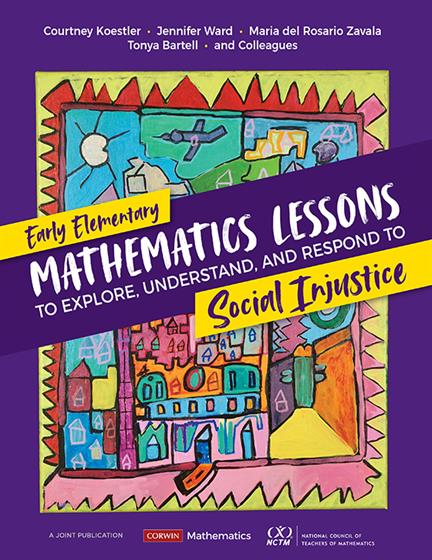Hands-on, Practical Guidance for Educators
From math,
literacy, science, equity, multilingual learners, and SEL, to assessment, school counseling,
and education leadership, our books are research-based and authored by experts
on topics most relevant to what educators are facing today.

Early Elementary Mathematics Lessons to Explore, Understand, and Respond to Social Injustice
Foreword by Julia M. Aguirre
Brian R. Lawler, Series Editor
Learn to plan instruction that engages early elementary children in mathematics explorations through age-appropriate and culturally relevant social justice topics.
Product Details
- Grade Level: PreK-2
- ISBN: 9781071845509
- Published By: Corwin
- Series: Corwin Mathematics Series
- Year: 2022
- Page Count: 304
- Publication date: August 15, 2022
Review Copies
This book is not available as a review copy.




